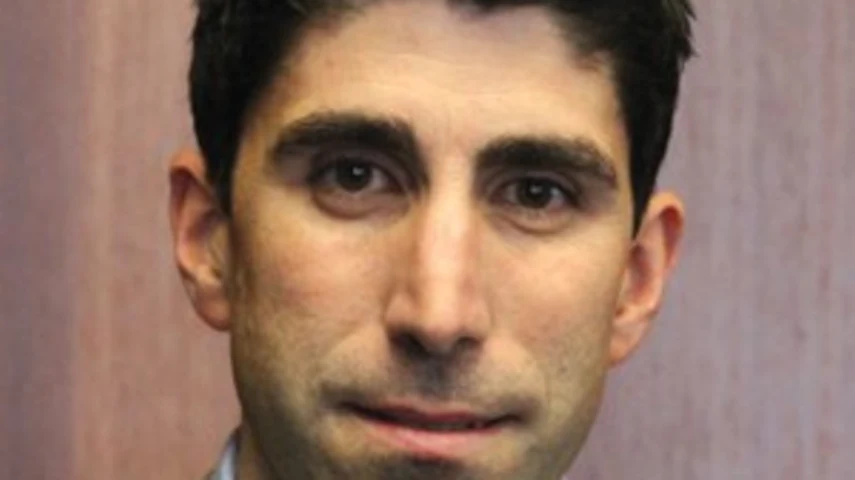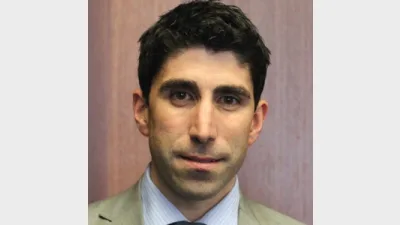IOOF CEO acknowledges change to advice model



IOOF’s newly-confirmed chief executive officer, Renato Mota has acknowledged the company’s advice businesses will have to move to new commercial model which accommodates the reality that the days of “subsidised” advice will not work in the future.
Speaking to Money Management after his CEO status had been confirmed, Mota said there was no question that the model needed to change in circumstances where the “subsidies” which had been generated by product sales had been removed.
“That model simply will not work in the future,” he said. “We are going to have to build a model based on advice and the value of that advice.”
Mota suggested that how this would work would become more obvious as the self-employed licensee model continued to evolve.
However, he said that whatever changes occurred to the underlying commercial model, IOOF had no plans to alter its number of planning licenses
Asked whether IOOF was expecting any loss of advisers as a result of the Financial Adviser Standards and Ethics Authority (FASEA) regime, Mota said he believed there would be some reduction in numbers but that the key was putting plans in place to ensure clients were appropriately served.
He said the challenge also existed for building a pipeline of new planners.
Mota brought extensive wealth management experience to his IOOF CEO role having previously been IOOF’s group general manager, Wealth Management, before which he was General Manager of Distribution.
As well, Mota was involved in a number of wealth management transactions including the demerger of Henderson Group from AMP and National Australia Bank’s acquisition of MLC and Deutsche Financial Planning.
Recommended for you
The Financial Advice Association Australia has appealed to licensees to urgently update their FAR records as hundreds of advisers are set to depart by the end of the year.
Demand for robo-advice tools is rising, a report has shown, but this is occurring simultaneously with rising demand for professional face-to-face advice.
ASIC has released the results of the latest financial adviser exam, held in November 2025.
Winners have been announced for this year's ifa Excellence Awards, hosted by Money Management's sister brand ifa.











